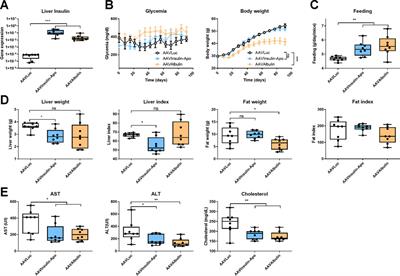EDITORIAL
Published on 07 Aug 2023
Editorial: Hepatic insulin resistance and related obesity: highlighting the ameliorative role of nutraceuticals, dietary intervention, and pharmaceuticals
doi 10.3389/fphar.2023.1266168
- 1,074 views
6,904
Total downloads
24k
Total views and downloads
EDITORIAL
Published on 07 Aug 2023
REVIEW
Published on 30 Jun 2023
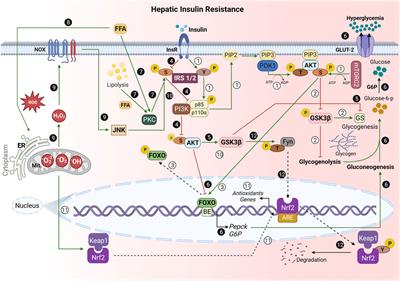
ORIGINAL RESEARCH
Published on 12 May 2023
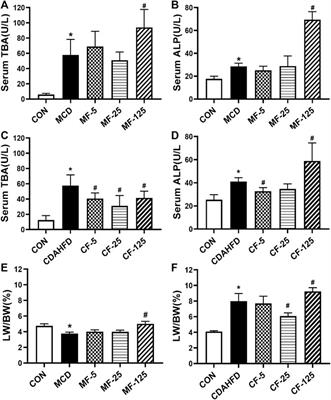
CLINICAL TRIAL
Published on 14 Mar 2023
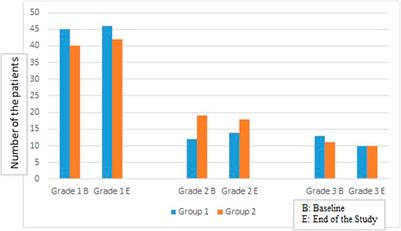
ORIGINAL RESEARCH
Published on 16 Dec 2022
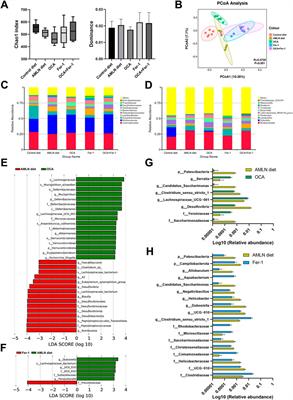
ORIGINAL RESEARCH
Published on 19 Jan 2022
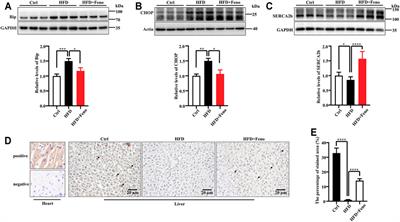
ORIGINAL RESEARCH
Published on 19 Feb 2021
